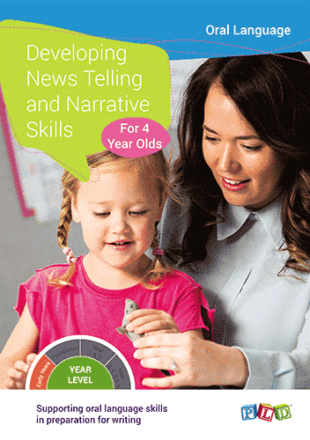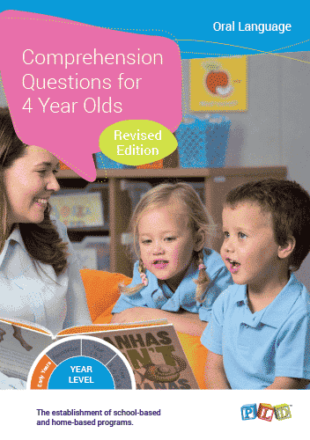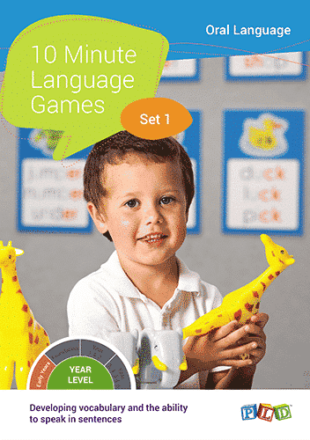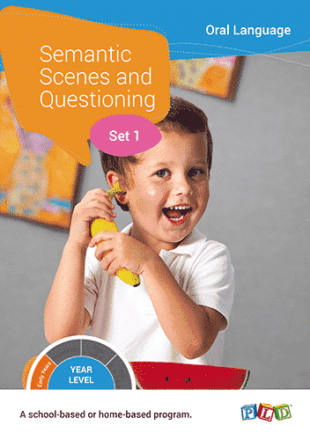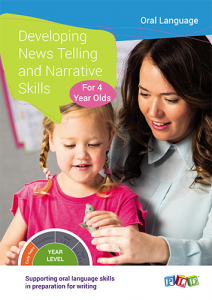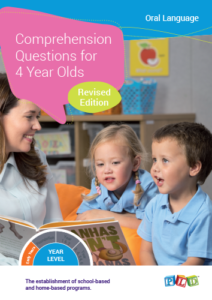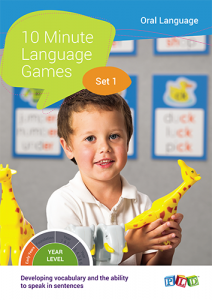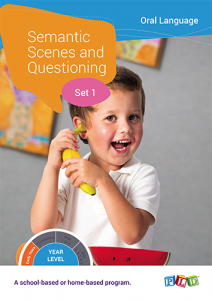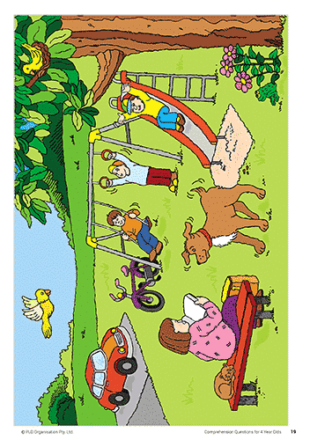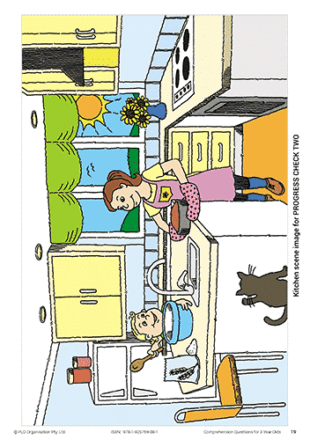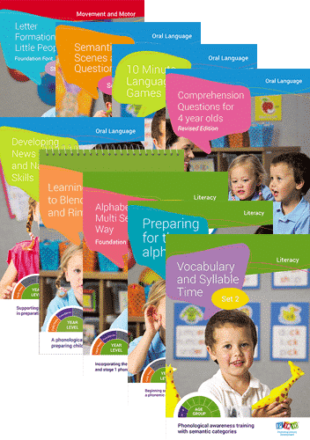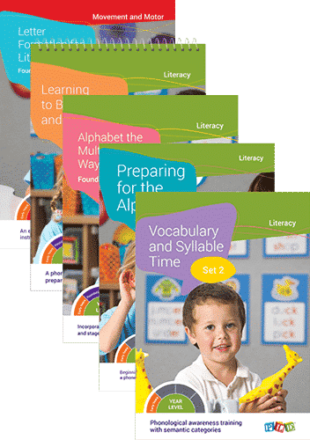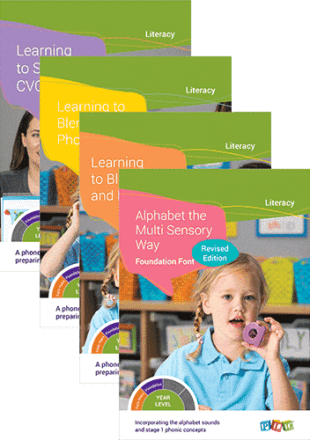| Book |
Essential Early Years Oral Language Starter Pack
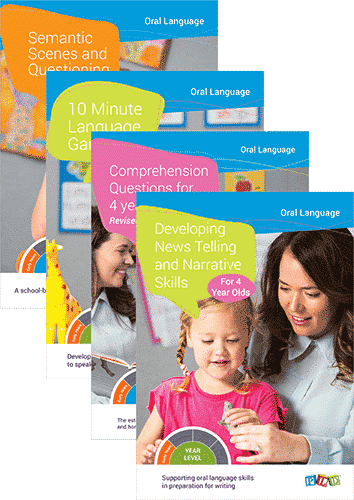
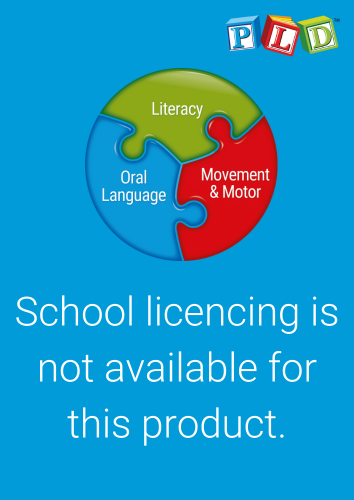
In the Early Years, vocabularies are growing daily, sentences are becoming longer and the children’s sense of wonder about the world around them grows. As such, for children aged 3 to 4, this is an essential time for oral language development and this Early Years Oral Language Starter Pack will support their growth.
PLD recommends the four resources in this Oral Language Starter Pack to aid teachers with introducing 3 and 4-year-olds into the world of words. The resources cover the essentials for writing preparation including activity retells, news telling, show and tell, oral comprehension, language games for vocabulary expansion and semantic knowledge.
The Early Years Oral Language Starter Pack contains:
- Developing News Telling and Narrative Skills for 4-Year-Olds
- Comprehension Questions for 4-Year-Olds
- 10-Minute Language Games – Set 1
- Semantic Scenes and Questioning – Set 1
Other Oral Language Starter Packs:
- Essential Early Years Oral Language Starter Pack
- Essential Foundation Oral Language Starter Pack
- Essential Year 1 & 2 Oral Language Starter Pack
- Essential Year 3, 4, 5 & 6 Oral Language Starter Pack
What is Oral Language
Oral language refers to the act of speaking and listening. The main components for oral language skills include word knowledge (vocabulary); sentence structure (grammar); language understanding (semantic and comprehension ability); and structured thinking (or the ability to elaborate, organise and sequence thoughts).
While poor oral language skills do not prevent children from reading, the long-term impact is concerning. By middle primary school, when both the curriculum and reading material increase in difficulty, a significant number of students will struggle to keep up with the demands of the curriculum if they have poorly developed language skills.
Why Focus on Literacy and Oral Language Simultaneously
PLD’s method is derived from the disciplines of speech pathology, occupational therapy and education. As an Australian publisher and professional development provider, PLD advocates that literacy and learning outcomes are maximised for children when their Literacy, Oral Language and Movement & Motor skills are targeted.
Why the need to focus on all three areas? Literacy involves more than just recognising words on a page. To be truly literate students need to be able to speak well, interpret what they’re hearing, and transfer all of this information into written language. It’s this broad three-skill focus that sets PLD’s resources apart.
Essential Early Years Oral Language Starter Pack – School Licence


School licensing options are currently being developed to allow schools to share products with staff electronically (e.g. saved on servers or accessible within online platforms) and will be available soon. If you would like to be notified when this offering is available, please express your interest here.
Books: PLD’s books may be used by the authorised purchaser within their classroom, however there are restrictions regarding modifying, copying or sharing. Full details can be found here.
School Licences: A School Licence allows access to a resource to be shared with an unlimited number of employees who are employed by the ‘Authorised purchaser’. These resources can be accessed by multiple users simultaneously and can be printed (subject to restrictions) or displayed by employees of the ‘Authorised purchaser’ within their classroom. Learn more here.
Downloadable resources & screening tools: These resources can be viewed, downloaded, printed and shared providing the resources are not modified in any way. Learn more here.
Breaches of Australian Copyright Law are taken seriously and may result in legal action being taken. Full copyright information can be found. Learn more here.
Additional information
Developing News Telling and Narrative Skills For 4 Year Olds
| Weight | .34 kg |
|---|---|
| Dimensions | 30 × 21 × 1 cm |
Comprehension Questions for 4 Year Olds
| Weight | .62 kg |
|---|---|
| Dimensions | 30 × 21 × 1 cm |
10 Minute Language Games - Set 1
| Weight | .56 kg |
|---|---|
| Dimensions | 30 × 21 × 1 cm |
Semantic Scenes and Questioning - Set 1
| Weight | .36 kg |
|---|---|
| Dimensions | 30 × 21 × 1 cm |



